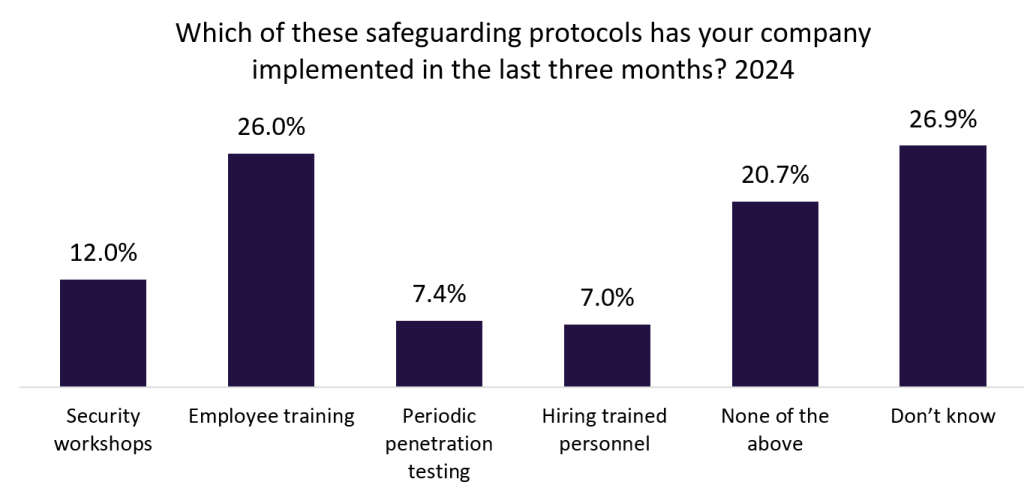Added-value services that promote health and prevent disease will lower claims costs for insurers, in addition to being a source of innovation, competitor differentiation, and an improved reputation for promoting social good, according to GlobalData Financial Services
Engaging in health and wellness is an opportunity for protection insurers: those that do so will benefit from lower claims costs and higher customer engagement with protection products, which in turn will mean higher profits.
Insurers have a choice. They can either invest in individuals to promote health and wellbeing and prevent illness, injury, and death in an effort to reduce claims costs, or continue business as usual and pay claims as they arise, with no effort of intervention.
The choice should be a no-brainer. Insurers have an opportunity to innovate and differentiate their services by moving towards claims prevention.
Engaging in health also puts insurers in the stronger position of promoting social good outside of purely providing financial compensation. This is also a chance to improve the insurance industry’s reputation, with trust and consumer engagement currently low.
One of the main barriers to protection insurance uptake is that consumers are uncomfortable paying for a product they might not need. Providing customers with a
How well do you really know your competitors?
Access the most comprehensive Company Profiles on the market, powered by GlobalData. Save hours of research. Gain competitive edge.

Thank you!
Your download email will arrive shortly
Not ready to buy yet? Download a free sample
We are confident about the unique quality of our Company Profiles. However, we want you to make the most beneficial decision for your business, so we offer a free sample that you can download by submitting the below form
By GlobalDatarange of added-value healthcare services, rewards, and personalized cover is therefore a way to address this barrier. Customers need to feel as though protection products and services are so useful and valuable they become worth paying for.
Rewards can play a part here, with Vitality for example rewarding customers with discounted access to goods and services for leading a healthy lifestyle.
Providers are also partnering with added-value services such as virtual GPs and developing wellness apps.
There is, however, scope to think further outside of the box for added-value services.
Insurers should look to see how they can become holistic lifestyle brands. For instance, in the US some insurers are partnering with the personalized meal planning company, PlateJoy.
The company has launched a nutrition plan especially designed to prevent diabetes, funded by health insurance plans.
There is potential for insurers to help individuals plan for the end of life. Insurers could also help customers manage taking their medication through tracking and notification apps.
Investing in healthcare technology and disease prevention, detection, and management is another avenue insurers could explore.
Recent healthcare technology developments include implants that detect cancer in the body and cause a small artificial mole to appear on the skin as an early warning sign. It is about catching illness early and getting customers faster access to healthcare.
In conclusion, moving towards prevention is the way forward for protection insurers. Those that do not will lose competitive advantage.
For more insight and data, visit the GlobalData Report Store (https://www.globaldata.com/store/) – Verdict is part of GlobalData Plc.








